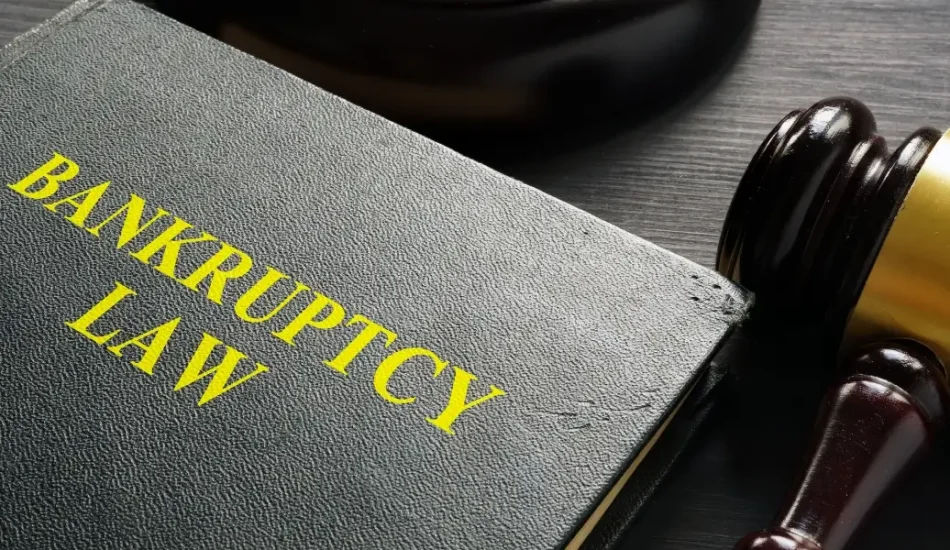In Connecticut, if you have an SBA or EIDL loan that has defaulted and you are unable to pay it, it is possible you are already facing Social Security offsets, the interception of your federal tax refund, and administrative wage garnishment, or AWG. Filing for bankruptcy often can help stop these actions, but the timing of filing will make all the difference. It will typically be harder to recover a tax refund if the government seized it before you filed for bankruptcy.
Can Bankruptcy Get Rid of SBA or EIDL Loans in Connecticut?

Due to the COVID-19 pandemic that struck the country in 2020, thousands of businesses across the nation secured SBA and EIDL loans when their operations were shut down. Businesses are now left wondering, can bankruptcy get rid of SBA or EIDL loans in Connecticut? The answer may be more complicated than many anticipate, and there are many factors in play in these situations.
Attorney Tim Pletter, a Chapter 7 bankruptcy lawyer of Ambrogio, Pletter & Associates, LLC, is here to help. With his knowledge and experience, you will get the answers you need.
Defining SBA and EIDL Loans in Connecticut
Both SBA and EIDL loans have proved useful to hopeful business owners over the years. However, when the COVID-19 pandemic hit the United States in March of 2020, the economy shut down, and many businesses were forced to close their doors. In fact, in June of 2021, nearly 6.2 million people across the country were out of work because their employer had shut down or lost business due to the coronavirus.
To ensure there was still a business to come back to once the economy reopened, many small business owners turned to the SBA, or Small Business Administration, for certain loans to help them stay afloat. Now, many years later, some businesses are worried about defaulting on these loans and are wondering if bankruptcy is a practical option for ridding themselves of this debt.
To provide clarity, it is important to first understand how these loans work. People tend to operate under the assumption that just because the SBA loan comes from a federal agency, it will stick with you personally, as in the case of student loan debt in situations of bankruptcy. This is not the case, and this misconception should not hold you back from trying to see if bankruptcy would be an option for discharging your SBA loan.
The more important consideration is to identify whether the loan is unsecured or if it is connected to another asset. If you did pledge collateral to take out the loan, then the case will treat your loan as secured debt, and you will likely be unable to discharge it. However, if you did not pledge any collateral, the debt incurred will be viewed just like any other unsecured debt and can be discharged at the end of a bankruptcy case. Often, EIDL loans are dischargeable in bankruptcy. Attorney Pletter can help you discharge your EIDL loans.
The nuances involved in these situations are complex, which is why you should hire attorney Tim Pletter, who can review your case and help you find ways in which you can qualify for Chapter 7 bankruptcy on an EIDL or SBA loan.
Hire a Bankruptcy Lawyer
Since 1995, Ambrogio, Pletter & Associates, LLC has been helping individuals and businesses alike deal with financial instability, debt restructuring, and filing for various forms of bankruptcy. Chapter 7 bankruptcy lawyer Tim Pletter understands that the COVID pandemic caused many Connecticut businesses to turn to the SBA for loans, and he is here to help business owners and individuals alike seek the options available to discharge certain financial obligations.
FAQs
Hire a Bankruptcy Lawyer Today
If you find yourself struggling with small business debt, filing for bankruptcy may be a practical option. Over the last 30 years, Tim Pletter, a Chapter 7 lawyer, has helped thousands of clients eliminate debt and get started on a fresh financial foot. Whether your problems stem from complicated SBA or EIDL loans or you are dealing with other business-related financial difficulties, contact Tim Pletter of Ambrogio, Pletter & Associates, LLC today for a free consultation.
Take Action Today & Begin Moving Forward
Attorney Tim Pletter works directly with his clients, and most of your contact will be directly with him. Please contact our Stratford, Connecticut, office today to arrange your free consultation


